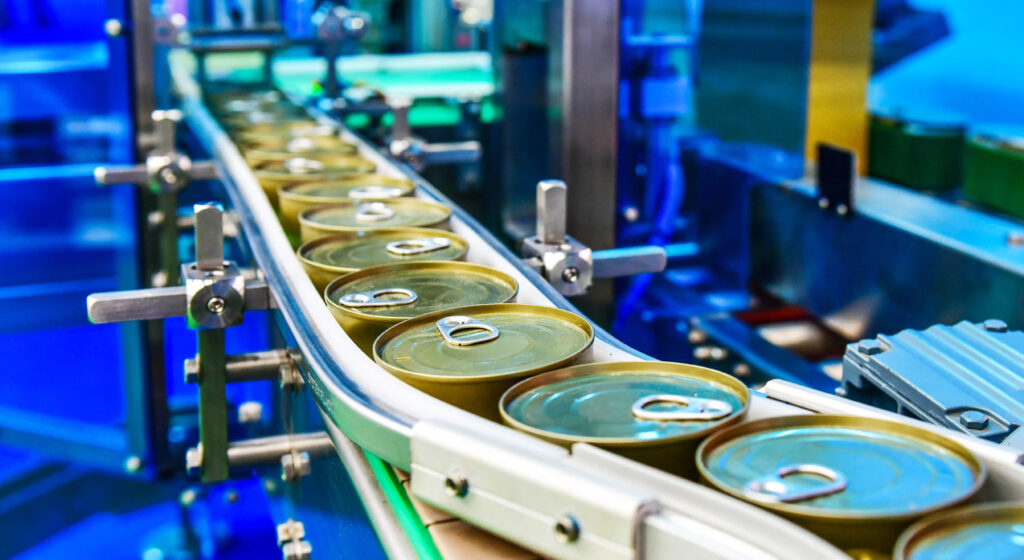Food production losses are one of the most detrimental issues business can face. While insurance can cover the damage caused to food-related equipment and products, it doesn’t guarantee that a food production business will survive the aftereffects. A business’s reputation can face major scrutiny if a simple product mistake affects the production of a major food brand with which it does business.
The key to avoiding these reputational risks is to identify the possible causes of food loss before they happen. The following are three risks that can cripple a food production business and the risk management methods that businesses can take to prevent them:
1. Quality Assurance/Quality Control (QA/QC)
The specifics of food quality have evolved in recent history and companies must adapt to new categories that may not have existed years ago. With classifications such as organic or non-GMO, it’s important for food distribution businesses to heavily monitor their products.
A simple mix-up, such as providing beet sugar instead of cane sugar as an ingredient to a large company, can lead to a major loss for the sugar distributor. Furthermore, if a business is relying on one major brand as their main client, a quality control mistake could ruin that relationship and put the business’s future at risk.
It’s critical for businesses to assess the supply chain of their product from beginning to end. All food production programs need thorough documentation, verification and testing of products or ingredients. Ingredients must have exact specifications before being incorporated into any product.
The processes should be analysed for gaps and employee training should be conducted on a regular basis to avoid hidden damages.
Employees need to understand that minor impurities or incorrect packaging can lead to significant damage to property upstream. Business professionals need to know how a buyer brands itself and how their product will be used in order to devise the best QA/QC programs. Large food entities have significant QA/QC programs and will most likely find the impurity before it hits the shelves.
2. Fire
Even a small fire can be crushing in the food production industry. While structures, machines and products can be reproduced, the amount of time necessary to pass inspections and accelerate production can create a large loss.
Traditional property underwriting and thought processes must deviate for this scenario. Most underwriters’ and engineers’ eyes light up when buildings have quality fire suppression, security and monitoring systems. However in the food industry, a fire with significant smoke damage may require replacement of electrical, plumbing and processing equipment.
While the shell of the building may remain, the fire will lead to a significant period of restoration, rendering finished goods unsaleable and ingredients useless.
Although insurance can pay for tangible items and provide income for expense during the period of restoration, another company can step in and fill the primary buyer’s contracts. Any fire could lead to new competition or loss of customers.
3. Contamination
Contamination comes in many forms in the food production industry: foreign matter in ingredients, non-organic material used in organic products, and genetically modified ingredients in products that are branded GMO-free. Damage to other company products from these events can lead to a substantial loss for a food production business.
Contamination can occur during different phases of distribution, which is why it is imperative to have in-depth knowledge of the processes employed by companies they contract with.
If a shipment of contaminated seasonings from an international vendor is incorporated into your buyer’s product, the entire purchase can be rendered useless once it is packaged.
Most contamination exposures will be mitigated with good QA/QC procedures. Good contractual arrangements outline responsibilities to prevent cross litigation and finger pointing with vendors or clients.
Pay attention to transportation processes both in and out of the facility; many contamination losses begin in transportation and snowball. Trailers that are not adequately sanitised from prior loads can easily contaminate other products. There are no minor contaminations in food-grade products.

